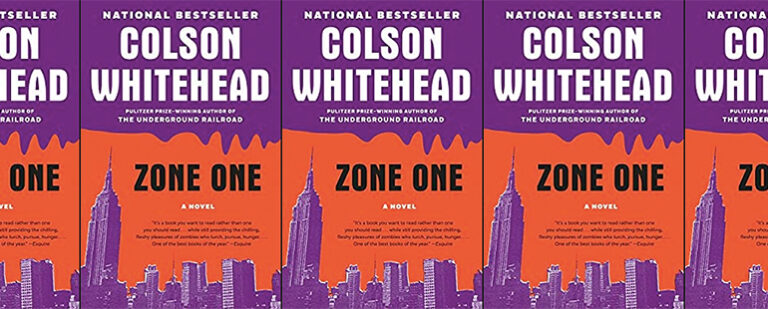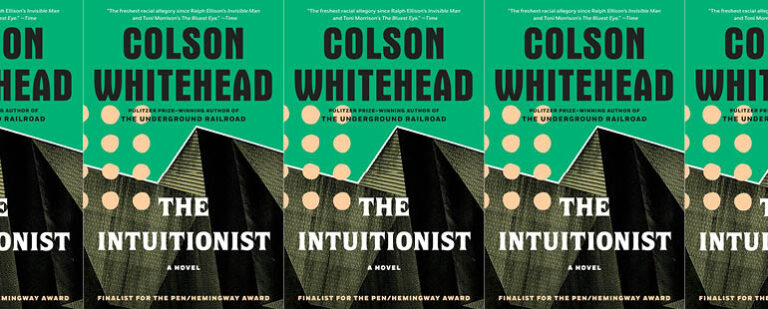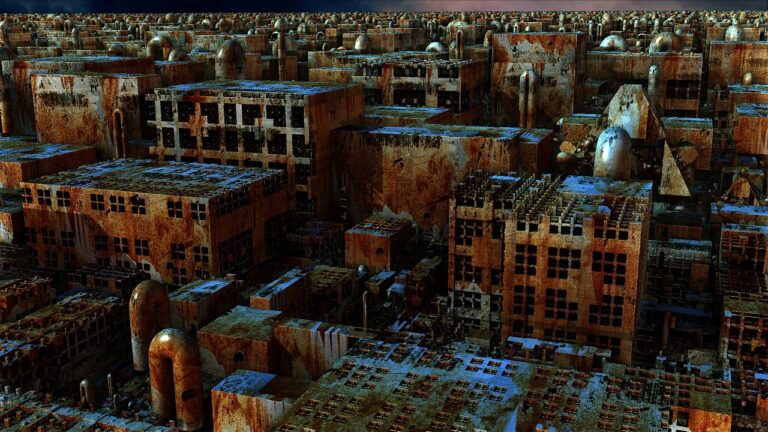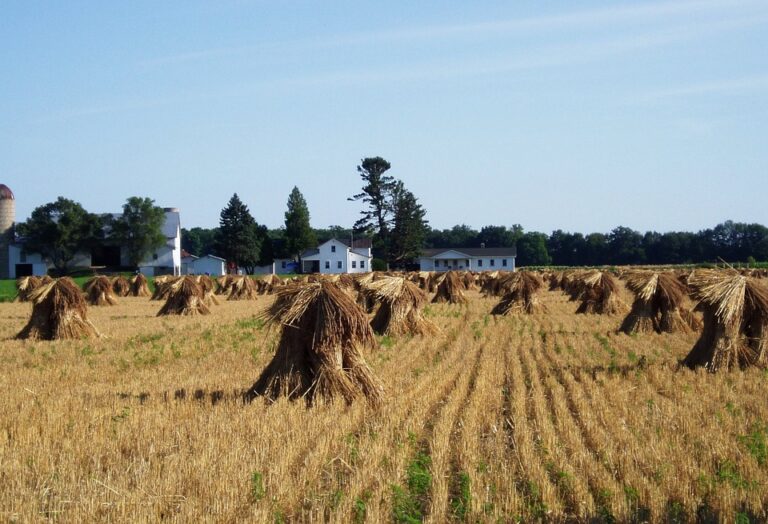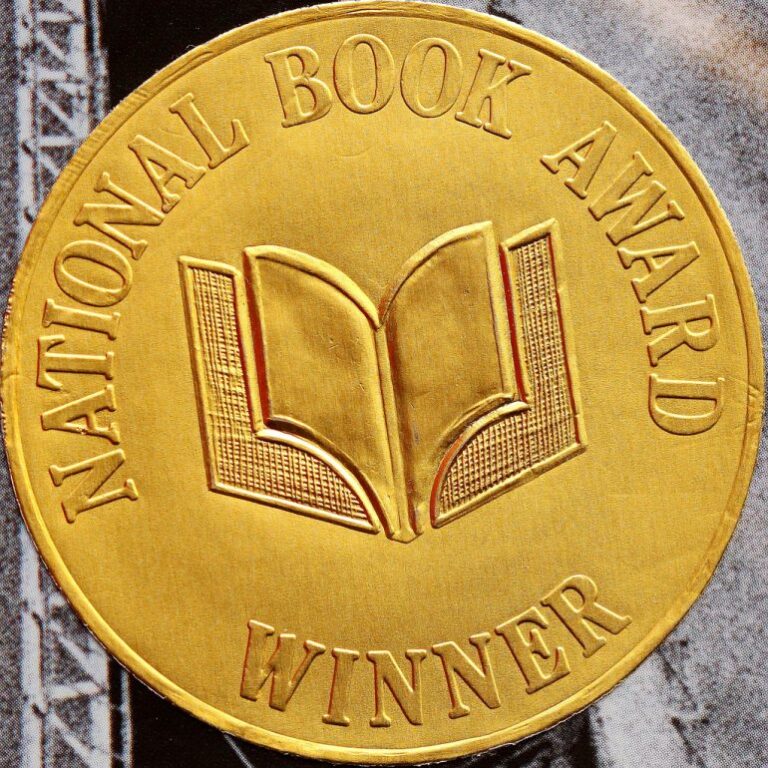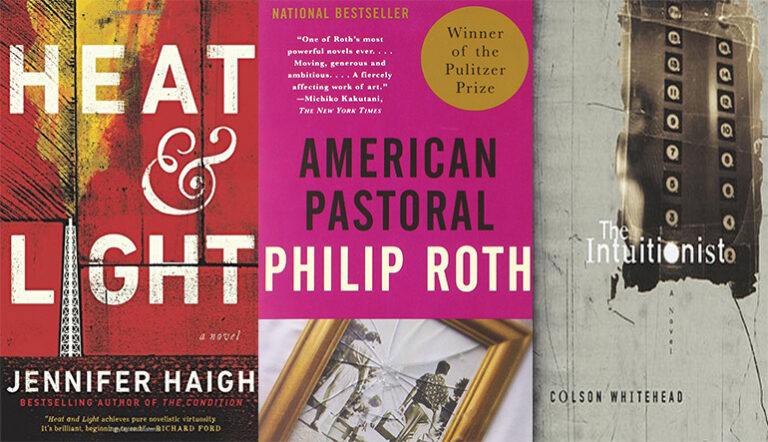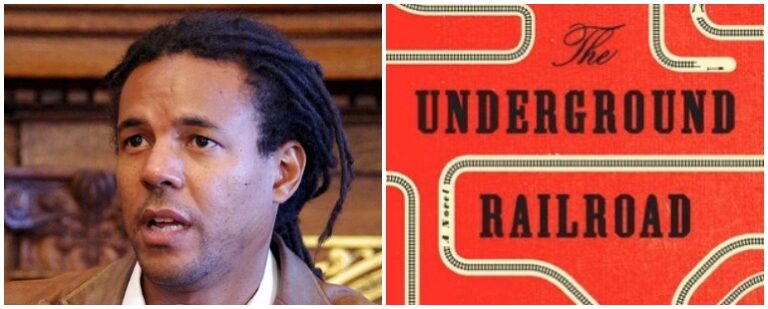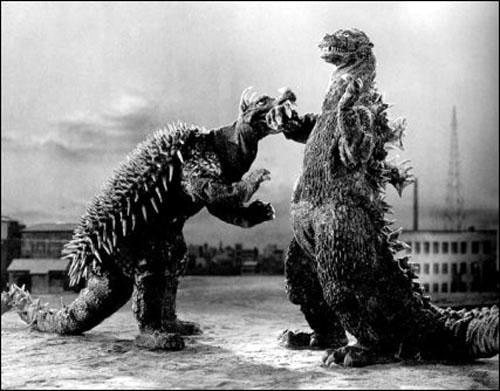Memory, Mediocrity, and Gentrification in Zone One
Combining elegant craft and clairvoyant perspective with tropes of the zombie novel, Colson Whitehead unsettles our conception of what it means to be human, to connect with each other, and how we understand what defines us as individuals.
